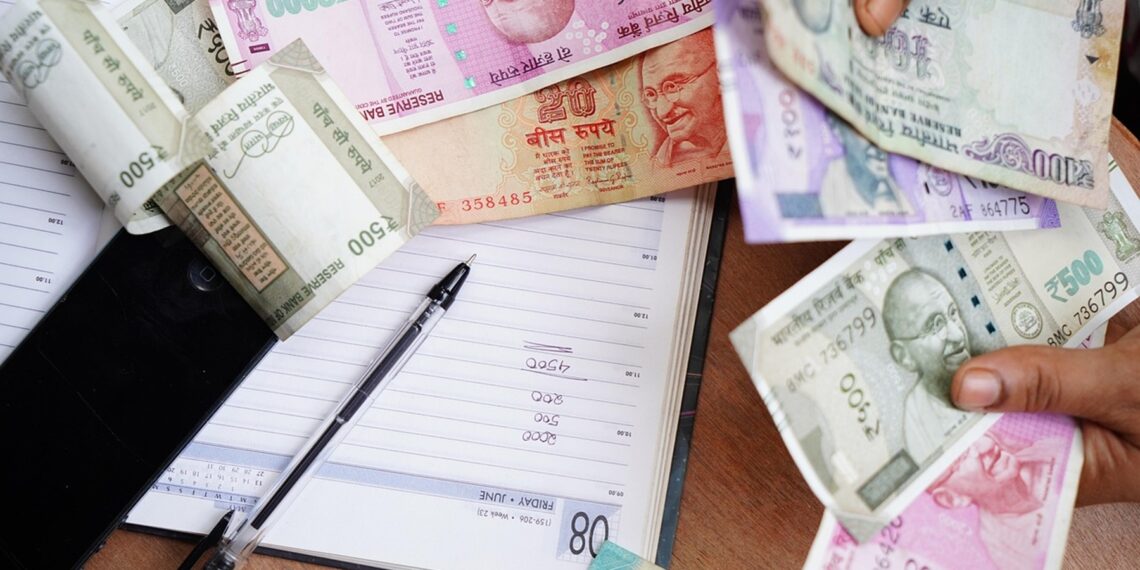India has surpassed Japan to become the world’s fourth-largest economy, and is on track to overtake Germany within the next three years, according to B.V.R. Subrahmanyam, CEO of NITI Aayog.
Speaking at a press conference following the 10th Governing Council Meeting of NITI Aayog, Subrahmanyam confirmed that India’s economic milestone is backed by data from the International Monetary Fund (IMF), which now pegs the country’s GDP at $4 trillion.
“We are the fourth-largest economy as I speak,” he said. “This is not my data—it’s IMF data. India today is larger than Japan.”
Only the United States, China, and Germany now rank ahead of India, but with sustained growth and effective policy implementation, India could become the third-largest economy within the next two to three years, he added.
The IMF’s latest World Economic Outlook report supports this view, projecting India’s nominal GDP to rise to $4.187 trillion in 2025, narrowly surpassing Japan’s estimated $4.186 trillion.
India continues to lead as the fastest-growing major economy and is the only country expected to maintain growth above 6% over the next two years.
By 2028, India’s GDP is expected to reach $5.58 trillion, positioning it to surpass Germany.
Meanwhile, Germany is projected to see no economic growth in 2025, followed by a slight 0.9% uptick in 2026, reflecting the broader challenges faced by Europe due to ongoing global trade tensions.
Its GDP is forecast to reach $5.25 trillion by 2028. Japan, similarly affected by trade disruptions, is expected to experience stagnation, with growth remaining at just 0.6% in both 2025 and 2026.
Despite retaining its position as the world’s largest economy, the United States is expected to see slowing growth, with the IMF forecasting a GDP of $30.5 trillion in 2025 and annual growth rates of 1.8% in 2025 and 1.7% in 2026. China remains second with a projected GDP of $19.2 trillion in 2025.
ALSO READ: Nagaland showcases startup progress, financial reforms at 10th NITI Aayog meet
Europe’s economic outlook also reflects modest prospects. The Euro Area is expected to grow by 0.8% in 2025, followed by a slight recovery to 1.2% in 2026.
Major European economies such as France and the United Kingdom are forecast to grow modestly, while Spain is expected to outperform its peers in the short term before slowing down.















